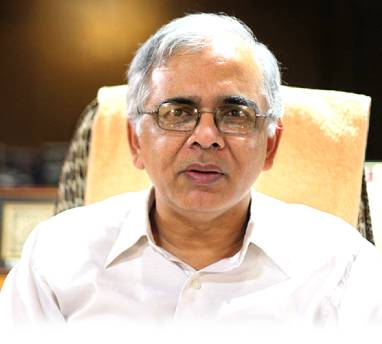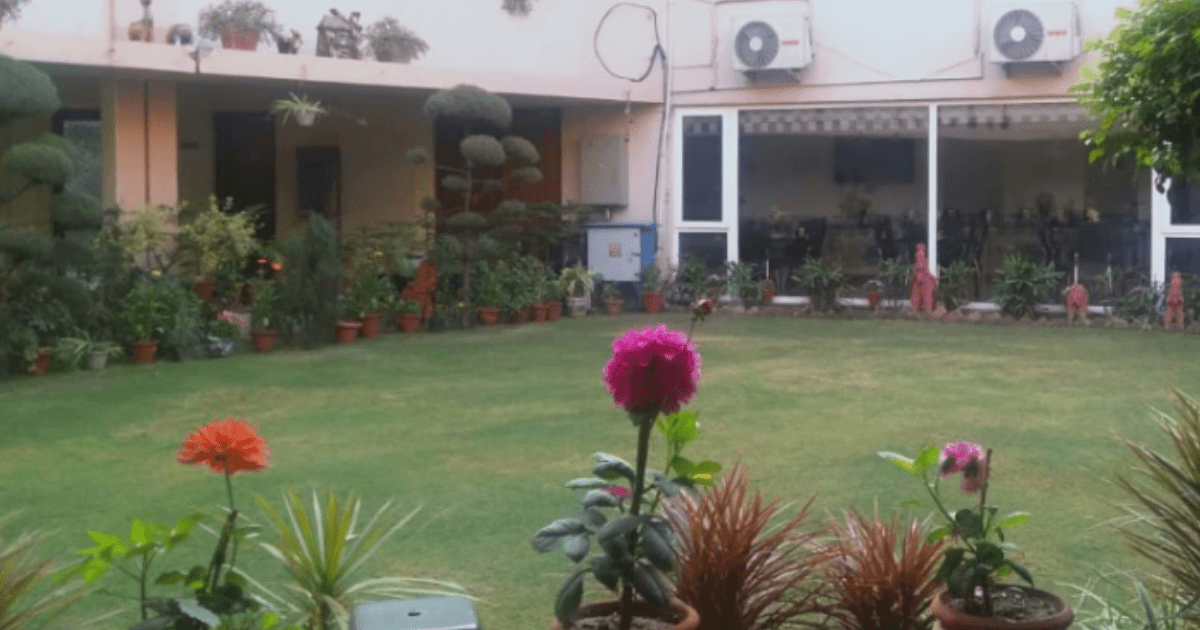The Key Strategies to Control the Pandemic by CSIR

Dr. Shekhar C. Mande, currently the Director General of Council for Scientific and Industrial Research (CSIR) and Secretary, Department of Scientific and Industrial Research (DSIR), Govt. of India. He holds Doctor of philosophy in Molecular Biophysics, from the Indian Institute of Science, Bangalore. Following his PhD, he joined as Post-Doctoral Fellow at University of Groningen, Groningen, The Netherlands and thereafter as Senior Fellow, University of Washington, Seattle, USA. Apart from his vast academic experience, he holds a number of prestigious fellowships and awards. The Shanti Swarup Bhatnagar Prize for Science and Technology, the highest science award in India, in the Biological sciences category was conferred on him in the year 2005.
Dr. Debleena Bhattacharya, interviewed Dr. Shekhar C. Mande for his valuable insights on the recent pandemic situations and the innovative resolving steps taken by CSIR institutes for COVID-19
Q. With a background in life sciences, what was your first reaction to the COVID-19 pandemic? Did you see it coming? Do you foresee a second wave like they are having in China now? What should we do, once we are done with the first wave?
A. Even before WHO declared Covid-19 as a global pandemic, we had initiated discussions in CSIR on the possible mitigation strategies. In fact, we were alarmed as early as February first week, when I mentioned in a talk given at the Firodia Award acceptance, that we live in the SARS-CoV-2 era. We were therefore prepared for the pandemic like situation in early March. Based on the known facts of SARS viruses, we jointly evolved a strategy to deal with the situation. The strategy included five main pillars: Surveillance, Diagnostics, Interventions; Hospital assistive devices, and Supply Chain models. CSIR, therefore, undertook work on all these five pillars simultaneously. Since the last week of March, the strategy group of CSIR has met every single evening online to discuss the day’s developments, and to monitor work on all different fronts. We do indeed see the disease coming back in different waves, and therefore we are against any complacency in the matter. It is our considered opinion that contact tracing and monitoring surveillance are the key strategies to control the disease. In the meanwhile, if some therapies can be brought to the market, it will be an added advantage.
Q. How do you see the COVID-19 impact on day to day research at CSIR labs? Has it given a sense of urgency and mission to your office? Please share any relevant projects or interventions in mitigating the crisis?
A. Like all other human endeavors, research has been affected by the lockdowns. However, CSIR has attempted its best to maintain the laboratories with the campus-residing staff regularly working in the laboratories, within the constraints of regulatory norms. This alone has given all the sense of urgency and mission.
Among the many projects and achievements until now, the following deserve special mention:
- Development of two novel diagnostics kits- CRISPR/Cas based FELUDA kit and RT-LAMP kit
- Many recommendations on improving the efficiency of diagnostics to ICMR and their subsequent implementation
- Initiating clinical trials on Mw, Favipiravir, Arbidol, ACQH- which is the first phytopharmaceutical to go into a clinical trial in India, and four AYUSH formulation
- Development of PPE’s and bringing their manufacturing capability to a substantial number
- Development of BiPAP ventilator
- Development of emergency buildings etc.
Q. What are innovative pedagogies taken by CSIR for Covid 19? A. Several training programs were undertaken. More than 200 people were trained in RT PCR diagnostics. Moreover, recently CSIR has coordinated a large summer research training program, where more than 16000 students have enrolled for online training. Some of the selected students will also undergo live projects mentored by CSIR scientists. Q. Will the polio/BCG vaccine provide immunity against pandemic virus?
A. That’s the hypothesis that needs to be tested. Both these are being tested in clinical trials in the world at different locations.
Q. The recent clarion call by the PM on “Atma Nirbhar Bharat.” How do you foresee that CSIR labs can contribute in this direction for a self-reliant India?
A. CSIR has a major role to play in making India import-independent. In the many sectors- steel, pharmaceuticals, biomedical instrumentation, petroleum etc. CSIR labs can evolve contemporary technologies which can be implemented towards this goal.
Q. What is your advice to the younger generation of the country in regard to Innovation and Research in the health sector? If any assistance is given to them in this direction.
A. Health sector will remain a dominant sector as long as humanity survives. It will also continue to evolve in many different directions. Therefore the number of opportunities that lie in the health sector are innumerable. For the younger generation, these opportunities are there to grab
Composed by Dr. Shekhar C. Mande, Director General of for CSIR and Secretary

